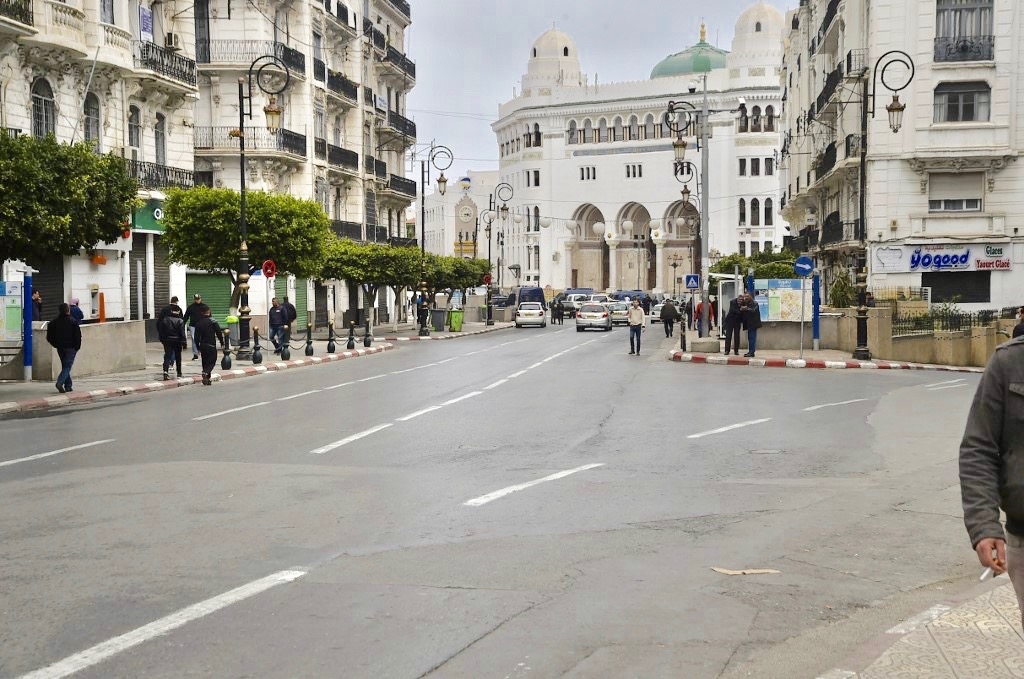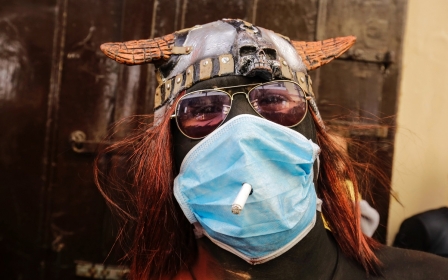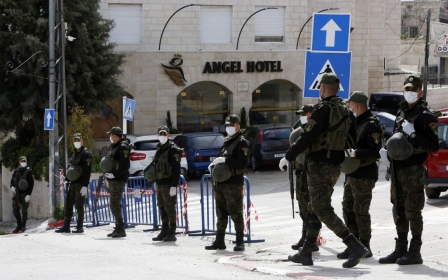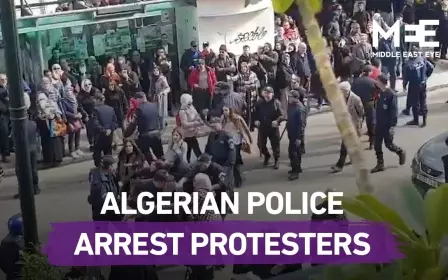Algeria's coronavirus cases rise to 139 as anti-corruption marches put on hold

Algeria said on Saturday that the number of confirmed coronavirus cases had risen to 139 from 95 as protesters suspended their weekly marches demanding an end to government corruption.
Algeria has stopped international and domestic travel, closed mosques, cafes and restaurants and told half of state employees to stay at home to try to limit the spread of the virus, Reuters reported.
This would have been the 57th week in a row that Algerians came out onto the streets, the BBC said, as they elected to stay home on Friday.
Demonstrators heeded a presidential order over the coronavirus, and the pleas of some of their own leaders, by not staging their weekly demonstration against the ruling elite.
Leading supporters of the protest movement, including imprisoned activist Karim Tabbou, human rights lawyer Mustafa Bouchachi and former minister Abdelaziz Rahabi, had urged the protesters to suspend their marches.
New MEE newsletter: Jerusalem Dispatch
Sign up to get the latest insights and analysis on Israel-Palestine, alongside Turkey Unpacked and other MEE newsletters
"No marchers today, only policemen, journalists and a couple of passers-by," said a journalist watching for any signs of protesters in the central Algiers streets that have for months been their stronghold.
Millions have marched in Algiers and in other cities to demand the uprooting of a system they see as corrupt. They did not stop protesting even after president Abdelaziz Bouteflika was forced to resign last April.
Algeria's President Abdelmadjid Tebboune on Thursday ordered the security forces to enforce a ban on any public gathering as part of the government's measures to contain the coronavirus.
Middle East Eye delivers independent and unrivalled coverage and analysis of the Middle East, North Africa and beyond. To learn more about republishing this content and the associated fees, please fill out this form. More about MEE can be found here.




